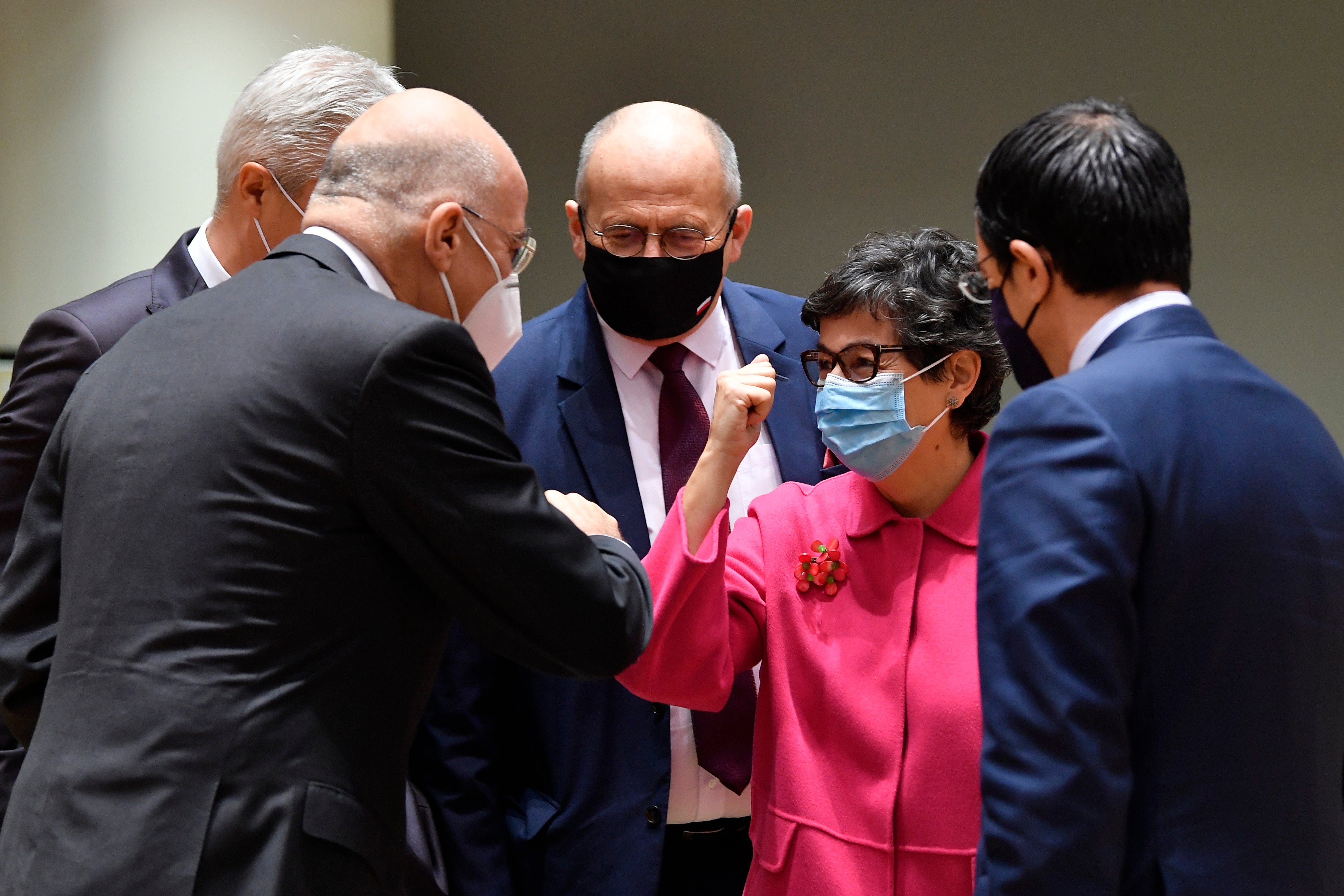EU agrees Magnitsky Act-like system to target rights abusers
The European Union is setting up a system similar to the Magnitsky Act in the United States that enables the bloc to impose sanctions on officials and organizations responsible for human rights abuses

Your support helps us to tell the story
From reproductive rights to climate change to Big Tech, The Independent is on the ground when the story is developing. Whether it's investigating the financials of Elon Musk's pro-Trump PAC or producing our latest documentary, 'The A Word', which shines a light on the American women fighting for reproductive rights, we know how important it is to parse out the facts from the messaging.
At such a critical moment in US history, we need reporters on the ground. Your donation allows us to keep sending journalists to speak to both sides of the story.
The Independent is trusted by Americans across the entire political spectrum. And unlike many other quality news outlets, we choose not to lock Americans out of our reporting and analysis with paywalls. We believe quality journalism should be available to everyone, paid for by those who can afford it.
Your support makes all the difference.The European Union agreed Monday to set up a system similar to the Magnitsky Act in the United States that enables the bloc to impose sanctions on officials and organizations responsible for human rights abuses .
The bloc’s foreign ministers sealed the agreement at talks in Brussels and said it underlines that “the promotion and protection of human rights remain a cornerstone and priority of EU external action and reflects the EU’s determination to address serious human rights violations and abuses.”
The move allows the bloc “to target individuals, entities and bodies — including state and non-state actors — responsible for, involved in or associated with serious human rights violations and abuses worldwide, no matter where they occurred,” the EU said in a statement.
Concretely, the 27 EU nations could ban targeted people from travelling in Europe and freeze the assets of both officials and “entities” like organizations, companies or banks. Europeans will also be forbidden to make funds available to them.
The sanctions would apply for acts like genocide, crimes against humanity, serious human rights violations or abuses such as torture, slavery, extrajudicial killings, and arbitrary arrests. Other violations could be punished if they are “widespread, systematic or are otherwise of serious concern.”
The EU routinely imposes sanctions on officials and organizations linked to specific acts, such as Russia’s annexation of the Crimea and its destabilization of Ukraine. The new human rights measures will be part of its “thematic” sanctions, which include the use of chemical weapons, cyber-attacks and terrorism.